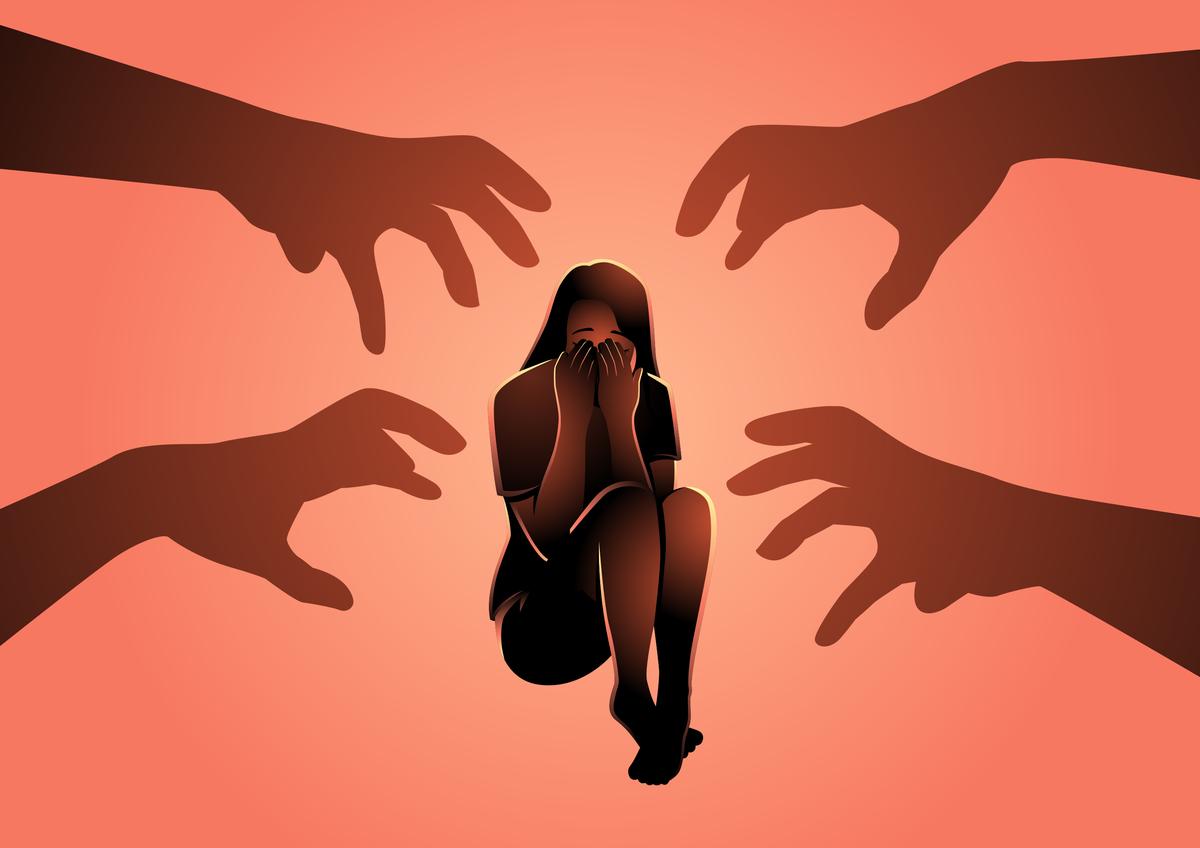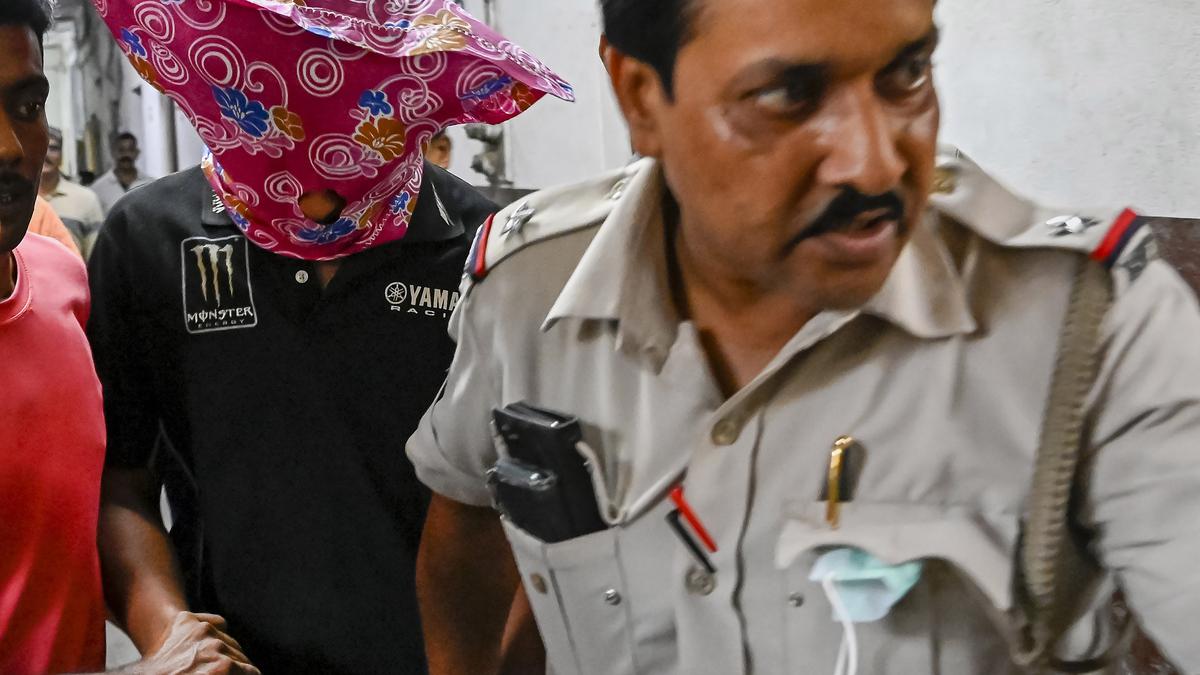A man in West Bengal has been sentenced to death for the brutal rape and murder of his 14-year-old daughter. The crime occurred on May 13, 2024, in the Narsinghbandh area under Hirapur Police Station limits in Asansol. The girl's mother found her daughter’s body lying on the bed, soaked in blood, with blood coming from her nose and mouth. Neighbors rushed to help, and although the father tried to stop them, the mother and neighbors took the girl to the hospital, where she was declared dead. A postmortem revealed that the girl had been sexually assaulted and strangled to death using a rope. The rope was found discarded near the house and linked directly to the marks on the victim’s neck.

The father, who was the only adult at home at the time of the crime, was arrested based on the mother’s complaint and the forensic evidence. The police and prosecution examined sixteen witnesses during the trial. The Asansol court, led by Magistrate Suparna Banerjee, found the accused guilty of rape and murder and awarded the death sentence, marking one of the rare instances of swift justice in such a heinous case.
This case is part of a disturbing pattern of violent crimes against minors in West Bengal, where courts have increasingly adopted a zero-tolerance stance. Such offenses are categorized under the "rarest of rare" cases in Indian law, which justifies the death penalty for exceptionally brutal or shocking crimes. The judicial system’s firm action signifies an intent to deter similar crimes and to send a strong message that the state prioritizes child safety and swift justice.
The crime also raises unsettling questions about child safety within families and communities. The fact that the accused was the victim’s father adds layers of complexity and tragedy, spotlighting the vulnerabilities children face even in their own homes. It highlights the urgent need for awareness, vigilance, and support systems that can identify and prevent abuse early, especially from trusted individuals.
Legal experts and social activists emphasize that while harsh punishments like the death sentence serve as condemnation and deterrence, preventive measures are equally critical. Education on child safety, community vigilance, creating accessible child helplines, and encouraging reporting of abuse without stigma are key strategies to protect children. Governments and NGOs are increasingly focusing on these areas, recognizing that justice after a crime, although necessary, cannot substitute for robust prevention.

Public reaction to the sentencing has been generally one of cautious approval. Many see the verdict as a necessary step to enforce law and order and to punish offenders severely. However, there is also recognition that such tragedies must prompt continuous social dialogue and policy initiatives on supporting victims, rehabilitating survivors, and educating communities to create safer environments.
In conclusion, this harrowing case from West Bengal once again reminds society of the vulnerability of children and the grave consequences of failing to protect them. The courts have delivered a strong legal response by sentencing the father to death, reflecting the seriousness with which child sexual abuse and murder are taken today. Simultaneously, it calls for ongoing collective efforts by families, educators, law enforcement, and policymakers to build a safer future for all children.
With inputs from agencies
Image Source: Multiple agencies
© Copyright 2025. All Rights Reserved. Powered by Vygr Media.






















